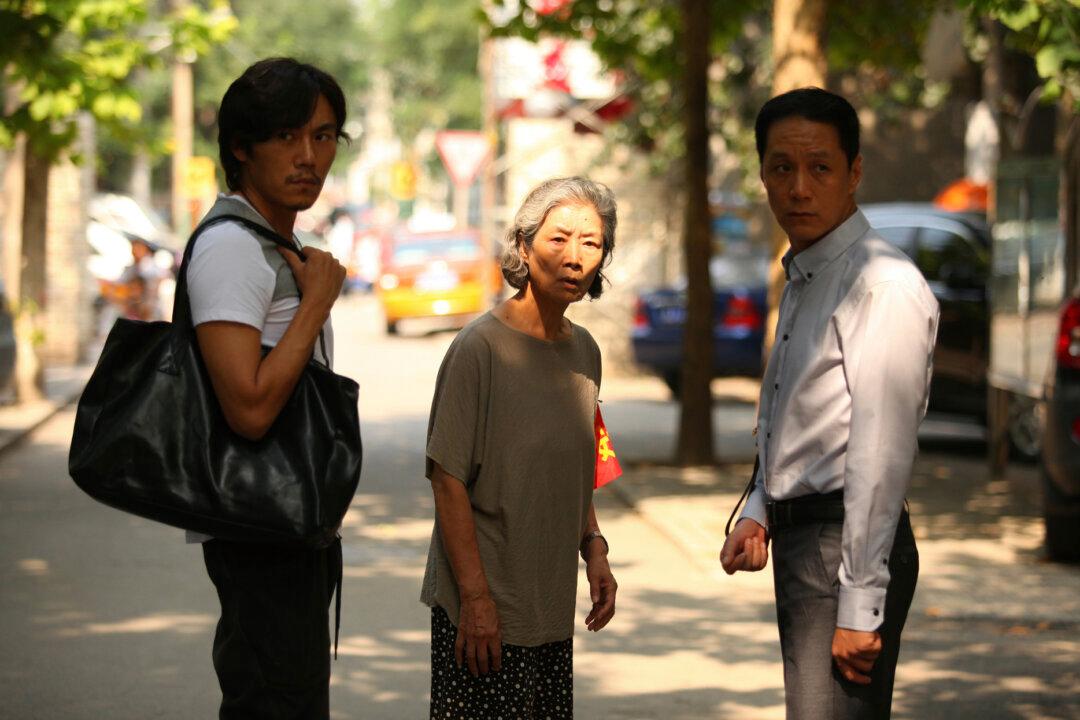TORONTO—The widow Deng is plagued by silent, anonymous phone calls. Her sons think it is Fat Liu, but she wonders if the Zhao family she betrayed in the past have finally come to collect their debt.
Left unredeemed by a national crime she was accomplice to, Deng is plagued by a past she can’t forget, though her entire country insists on doing just that.
In “Red Amnesia,” director Wang Xiaoshuai builds a thriller from the plodding mendacity of Deng’s daily life to a climax where hope of forgiveness hangs by a few fingers.
It’s a thriller of moving subtlety, though some North American audiences may miss the obvious cues, like the seniors’ centre Deng can’t bring herself to enter where an elderly choir sings oddly zealous communist hymns.
“Red Amnesia” unravels slowly with occasional bursts of steam, like old equipment in a crumbling factory. It’s unclear who the villains and victims are, and what the crime ever was. All that is known is that something is wrong, and Deng, who eats alone each night talking to the ghost of her dead husband, is at the centre of it all.
Deng spends her days going from one son’s home to that of the other, forcing herself and her cooking upon them.
The sons she wants only to care for would rather mom just “relax” and not bother herself quite so much. Not that they can stop her. She tells them what is theirs is hers and she'll come and go as she pleases, cooking meatballs they can just keep in the fridge, because they are good enough reheated.
But as Deng trudges through her days, a growing menace shadows her. She starts looking behind every few steps, seeking out the source of her unease. A string of break-ins in the area and a murder heighten her disquiet.
And in the background, behind it all, is the Cultural Revolution—a nightmare of recent Chinese history where children turned on their elders, friends betrayed friends, and the most dedicated youth became torturers in the name of red revolution.
The Cultural Revolution promised utopia at the cost of denouncing those less dedicated to Chairman Mao’s vision. Millions died. Millions more were tortured and maimed. A generation of idealistic youth found themselves becoming the boots and fists of Mao’s campaign for ideological purity, a movement to stamp out the traditional character of China’s rich history and imprint a new society of communism.
In “Red Amnesia,” this turbulent and violent history is rich fodder for a thriller of welcome depth that is well worth the subtitles.





